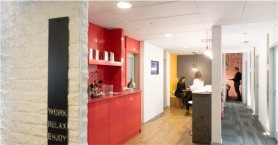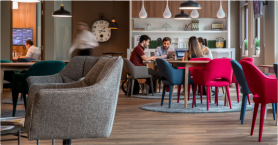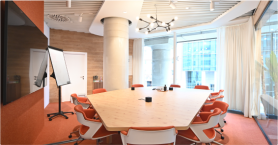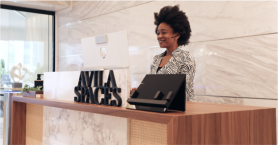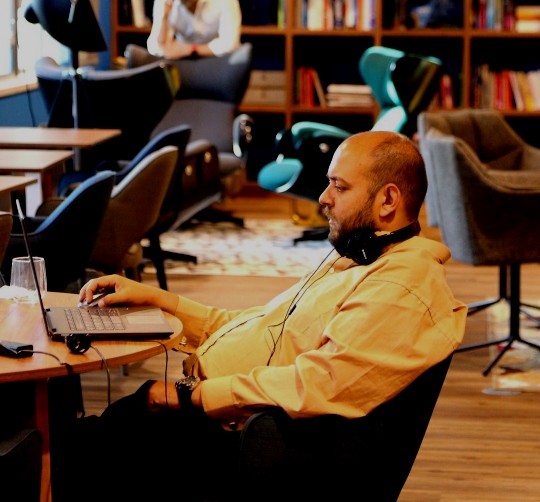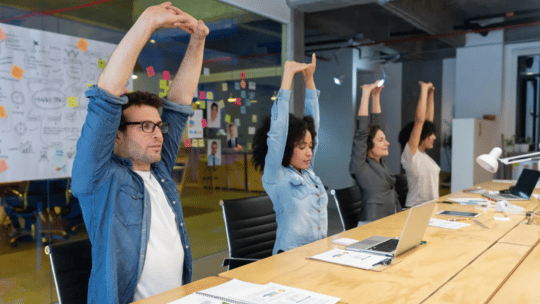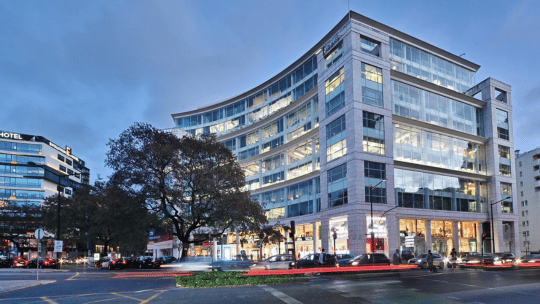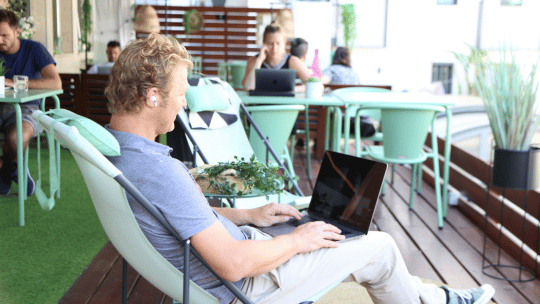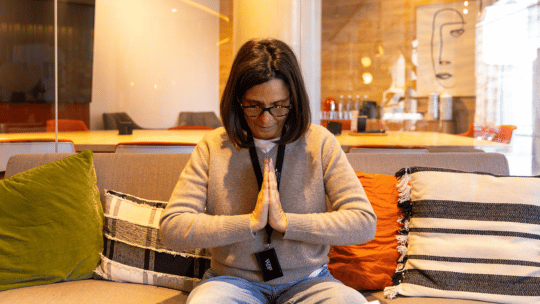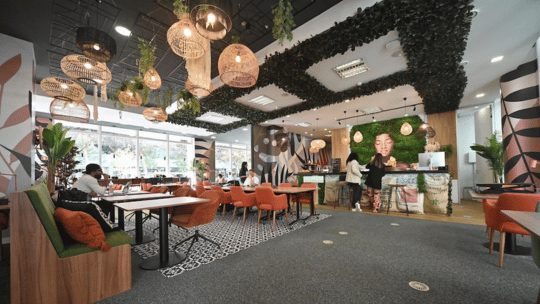|
Whenever we hear about "siesta”, Spain is the first country that springs to mind. But, curiously and probably, Japan was the first country to set up siesta rooms for productivity purposes in their organisations. On the other hand, and speaking of Japan, there is a true story that says that "when Japanese are on strike they don’t cease to attend work (this, according to their culture, would mean failing in their duties, and therefore they woul be disrespecting their organisation). However, and although Japanese workers show up at work, when they are on strike, they simply execute orders.”
Fortunately, in more emotional countries, where "siesta” is (still) considered to be something related to lazy people and where strike means taking time off work, things start to change for the better. The collaborators’ happiness is essential for their motivation; and their motivation is directly linked to their productivity, because as we all know, dissatisfied western workers can easily be compared to Japanese workers on strike: they go to work but they don’t think, and simply execute orders (but unlike the Japanese, they do so permanently, doing more harm than good, until they find someone who makes them happy).
Therefore, it may be for this reason why so many companies, such as Accenture, Facebook, Pepsi Co., or Cabify, have chosen coworking. It is not the whole solution, but to a great extent it helps to create happier collaborators, as they certainly feel more valued and understood, as well as more motivated and productive. And when organisations consider coworking as a working model, they can only benefit from it, but not only from that. And the formula is that simple.
When compared to more traditional models, the organisations that decide to use coworking have already the advantage of enjoying the contractual flexibility of that model: - They can lease jobs according to the number of collaborators they hire, and they can choose to conclude monthly contracts;
- They attract and retain a different kind of talent, since coworking spaces are comfortable workspaces which value a good working environment and
networking, providing amenities (coffee, fruit, beverages, and others) or networking and leisure events like yoga, meditation, amongst others.
- Working environments that help develop creativity and participation, but also privacy, when some of them are required. Corporate coworking spaces offer open space desks, as well as lounge areas, private offices and meeting rooms which are crucial for working sessions that require privacy.
- Collaborators tend to feel at first hand a sense of work-life balance. Actually, and for this reason, there are multinationals who hire coworking spaces so that their collaborators can work part of the time, from there. As a result, they are happier and more productive. They can be much closer to home, to their children’s school, and their quality of life is improved, making it possible to avoid factors that may reduce productivity and happiness, such as traffic, sedentarism, pollution, reduction of the quality time and the enjoyment of family and social life.
|
Other articles
In today?s competitive job market, attracting top talent is only half the battle. Retaining...
The Re:Space is a project idea that aims to transform underutilized outdoor spaces into...
Avila Spaces has just launched a new initiative that promises to energize the business ecosystem...
Coming back to the office after a vacation can feel like a shock to the system. Let's...
Holidays are meant to be a time of rest, joy, and reconnection?with ourselves, others, and the...
We currently live in a reality where acceleration is a constant. More and more, we seek...
In the modern, fast-paced workplace, productivity often feels like a race against time....
The second edition of Remote Week in Fundão has been confirmed. In 2025, a new group of...
Avila Spaces has been awarded the prestigious ?Cinco Estrelas Regiões Award? in the ?Coworking...
Avila Spaces announces its sponsorship of Pedro ?Figgy? Figueiredo, one of Portugal's most...
After its initial launch aiming to provide information on the Web Summit 2024 and Lisbon's...
Avila Spaces has introduced, in collaboration with Elbo Pte, an open-access virtual assistant,...
